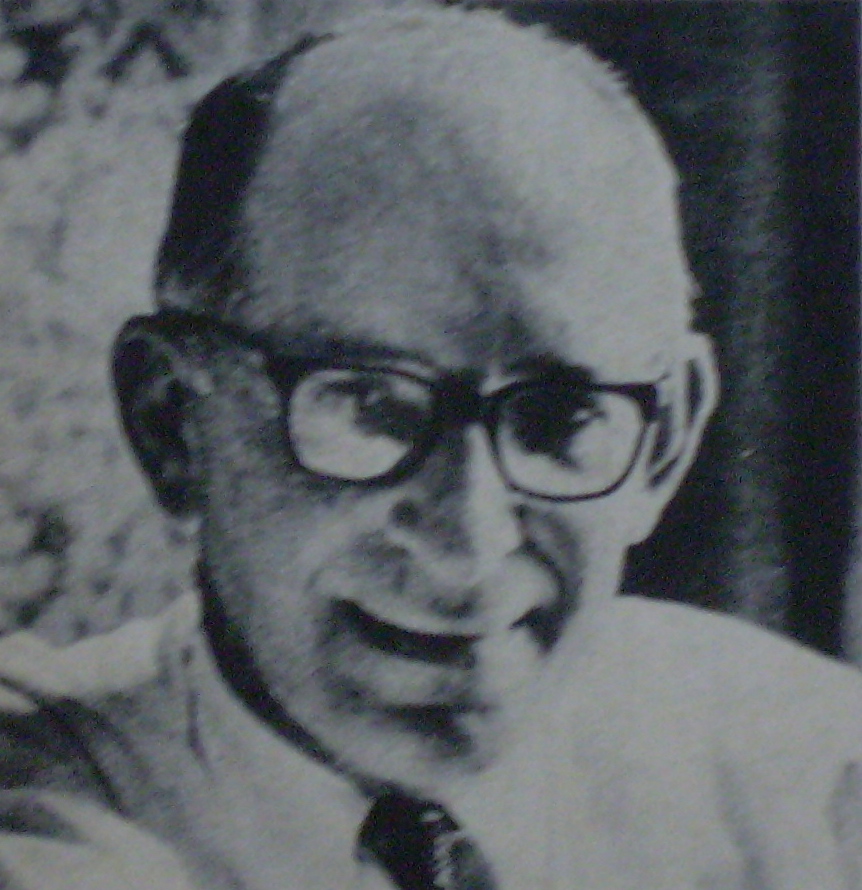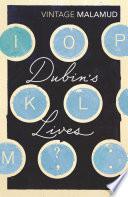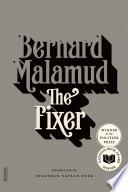Works
A New Life
Bernard MalamudFamous Bernard Malamud Quotes
"An Interview with Bernard Malamud", in Leslie A. Field and Joyce W. Field (eds.) Bernard Malamud: A Collection of Critical Essays (London: Prentice-Hall, 1975) p. 11
“Without heroes, we're all plain people, and don't know how far we can go.”
The Natural (1952) p. 154 http://books.google.com/books?id=wCWhegoGUxwC&q=%22Without+heroes+we're+all+plain+people+and+don't+know+how+far+we+can+go%22&pg=PA148#v=onepage
"The Man in the Drawer", in Rembrandt's Hat (1973); cited from Selected Stories (Harmondsworth: Penguin, 1985) p. 225
Bernard Malamud Quotes about life
Dubin's Lives (Harmondsworth: Penguin, 1979) p. 27
“Those who write about life, reflect about life…. you see in others who you are.”
Dubin's Lives (1979)
Address at Bennington College (30 October 1984) as published in "Reflections of a Writer: Long Work, Short Life" in The New York Times (20 March 1988)
Context: I have written almost all my life. My writing has drawn, out of a reluctant soul, a measure of astonishment at the nature of life. And the more I wrote well, the better I felt I had to write.
In writing I had to say what had happened to me, yet present it as though it had been magically revealed. I began to write seriously when I had taught myself the discipline necessary to achieve what I wanted. When I touched that time, my words announced themselves to me. I have given my life to writing without regret, except when I consider what in my work I might have done better. I wanted my writing to be as good as it must be, and on the whole I think it is. I would write a book, or a short story, at least three times — once to understand it, the second time to improve the prose, and a third to compel it to say what it still must say.
Somewhere I put it this way: first drafts are for learning what one's fiction wants him to say. Revision works with that knowledge to enlarge and enhance an idea, to re-form it. Revision is one of the exquisite pleasures of writing: The men and things of today are wont to lie fairer and truer in tomorrow's meadow, Henry Thoreau said.
I don't regret the years I put into my work. Perhaps I regret the fact that I was not two men, one who could live a full life apart from writing; and one who lived in art, exploring all he had to experience and know how to make his work right; yet not regretting that he had put his life into the art of perfecting the work.
Bernard Malamud Quotes
Address at Bennington College (30 October 1984) http://www.nytimes.com/books/97/09/28/reviews/malamud-reflections.html as published in "Reflections of a Writer: Long Work, Short Life" in The New York Times (20 March 1988); also in Talking Horse : Bernard Malamud on Life and Work (1996) edited by Alan Cheuse and Nicholas Delbanco, p. 35
Context: If I may, I would at this point urge young writers not to be too much concerned with the vagaries of the marketplace. Not everyone can make a first-rate living as a writer, but a writer who is serious and responsible about his work, and life, will probably find a way to earn a decent living, if he or she writes well. A good writer will be strengthened by his good writing at a time, let us say, of the resurgence of ignorance in our culture. I think I have been saying that the writer must never compromise with what is best in him in a world defined as free.
Address at Bennington College (30 October 1984) as published in "Reflections of a Writer: Long Work, Short Life" in The New York Times (20 March 1988)
Context: I have written almost all my life. My writing has drawn, out of a reluctant soul, a measure of astonishment at the nature of life. And the more I wrote well, the better I felt I had to write.
In writing I had to say what had happened to me, yet present it as though it had been magically revealed. I began to write seriously when I had taught myself the discipline necessary to achieve what I wanted. When I touched that time, my words announced themselves to me. I have given my life to writing without regret, except when I consider what in my work I might have done better. I wanted my writing to be as good as it must be, and on the whole I think it is. I would write a book, or a short story, at least three times — once to understand it, the second time to improve the prose, and a third to compel it to say what it still must say.
Somewhere I put it this way: first drafts are for learning what one's fiction wants him to say. Revision works with that knowledge to enlarge and enhance an idea, to re-form it. Revision is one of the exquisite pleasures of writing: The men and things of today are wont to lie fairer and truer in tomorrow's meadow, Henry Thoreau said.
I don't regret the years I put into my work. Perhaps I regret the fact that I was not two men, one who could live a full life apart from writing; and one who lived in art, exploring all he had to experience and know how to make his work right; yet not regretting that he had put his life into the art of perfecting the work.
Address at Bennington College (30 October 1984) http://www.nytimes.com/books/97/09/28/reviews/malamud-reflections.html as published in "Reflections of a Writer: Long Work, Short Life" in The New York Times (20 March 1988); also in Talking Horse : Bernard Malamud on Life and Work (1996) edited by Alan Cheuse and Nicholas Delbanco, p. 35
Context: If I may, I would at this point urge young writers not to be too much concerned with the vagaries of the marketplace. Not everyone can make a first-rate living as a writer, but a writer who is serious and responsible about his work, and life, will probably find a way to earn a decent living, if he or she writes well. A good writer will be strengthened by his good writing at a time, let us say, of the resurgence of ignorance in our culture. I think I have been saying that the writer must never compromise with what is best in him in a world defined as free.
“Mourning is a hard business," Cesare said. "If people knew there'd be less death.”
"Life is Better than Death", in Idiots First (1963), p. 85
On how Dubin’s Lives resulted from a lifetime of reading biographies, W (16 February 1979)
“If you ever forget you are a Jew a goy will remind you.”
"Black is My Favorite Color", in Idiots First (1963), p. 29
“Levin wanted friendship and got friendliness; he wanted steak and they offered spam.”
A New Life (1961; repr. Harmondsworth: Penguin, 1968) p. 111
“I don't think you can do anything for anyone without giving up something of your own.”
The Natural (Farrar, Straus and Giroux, 2003) p. 149 http://books.google.com/books?id=wCWhegoGUxwC&q=%22I+don't+think+you+can+do+anything+for+anyone+without+giving+up+something+of+your+own%22&pg=PA149#v=onepage. (originally published 1952)



